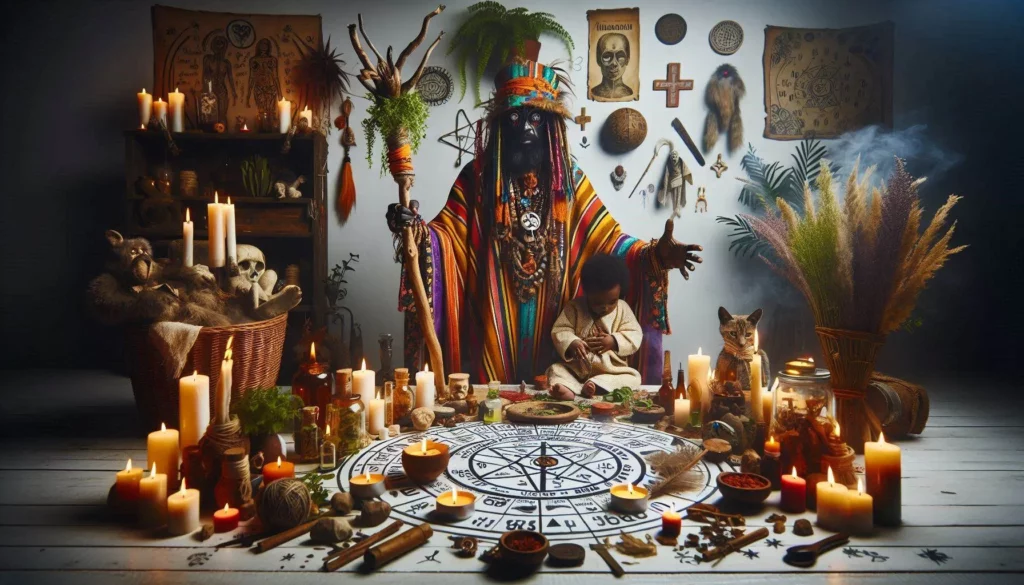
Voodoo and Vodun have long been misunderstood. Often portrayed as dark magic in movies, these spiritual traditions hold deep cultural and religious significance. But what is the truth behind them? Let’s explore their history, beliefs, and common misconceptions.
What Is Voodoo and Vodun?
Voodoo and Vodun are spiritual practices with African roots. Vodun originates from West Africa, particularly in Benin and Togo. Enslaved Africans carried these beliefs to the Americas, where they evolved into Haitian Vodou, Louisiana Voodoo, and other forms. Despite variations, they share core principles like honoring ancestors, spirits, and natural forces.
The Core Beliefs of Voodoo and Vodun
At the heart of these practices s a belief in a supreme creator. However, spirits, also known as Loa or Lwa, serve as intermediaries between humans and the divine. People honor these spirits through rituals, music, and offerings.
Spirits and Ancestors
Ancestral veneration plays a key role. Many followers believe that spirits of the deceased guide and protect the living. By maintaining a connection with ancestors, practitioners seek wisdom and blessings.
Rituals and Ceremonies
Voodoo and Vodun rituals include drumming, dancing, and chanting. These practices create a bridge between the physical and spiritual worlds. Participants often enter a trance-like state, allowing spirits to communicate through them.
Healing and Protection
Far from being a practice of harm, Voodoo and Vodun emphasize healing. Herbal remedies, prayers, and spiritual guidance help individuals overcome illness and misfortune. Many priests and priestesses serve as community healers and advisors.
Myths and Misconceptions
Hollywood has painted Voodoo and Vodun as sinister. However, most depictions are far from reality. Let’s debunk some of the most common myths.
Voodoo Dolls and Black Magic
One of the biggest myths involves dolls. Many assume they are tools of revenge. In reality, these dolls represent spiritual connection. Practitioners use them for healing, blessings, and positive intentions.
Human Sacrifices
Another harmful myth suggests that Voodoo and Vodun involve human sacrifices. This could not be further from the truth. Offerings typically include food, flowers, and symbolic items, not human life. Sometimes chickens and the like are used but this varies from practitioner to practitioner.
Devil Worship
Many associate Voodoo and Vodun with devil worship, but this is completely false. These traditions predate Christianity and do not recognize a Satan figure. Instead, they focus on harmony, balance, and respect for spiritual forces.
The Influence of Voodoo and Vodun Today
These spiritual practices continue to thrive. In Haiti, Vodou remains a major cultural force, influencing music, art, and daily life. In Louisiana, it blends African, French, and Catholic traditions, creating a unique spiritual identity. Meanwhile, in West Africa, Vodun remains a respected and practiced religion.
Final Thoughts
Voodoo and Vodun are deeply rooted in history, spirituality, and culture. Unfortunately, misinformation has led to widespread fear and misunderstanding. By learning the truth, we can appreciate these traditions for what they truly are—expressions of faith, healing, and community.

